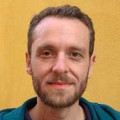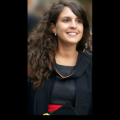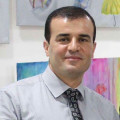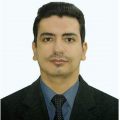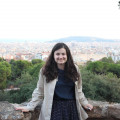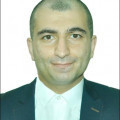Since the late 1990s, the idea of a digital disruption has colored the methodological, theoretical, and disciplinary imagination of what might be new in the humanities. One perspective on the new looked backward – what digital tools can help us understand the legacy debates, empirical materials, concepts, and methods? Another perspective was new in looking forward – with the ability to transcribe knowledge into data, does digital humanities offer a new way to understand our species life its humanistic destiny? In parallel and accelerated by digital affordances, there a view also emerged that interdisciplinarity would become a norm for digital approaches to the work of the humanities.
As digital technologies continually affect how we construct knowledge, what have the lessons of digital life taught us about the limits, opportunities, and ongoing challenges of digital humanities? Can we still consider the digital humanities an “emerging sub-discipline” in terms of knowledge taxonomies, research classifications and organizational charts? What are the continued impediments to the “transformation” of the humanities propelled by information and computing technologies? Has an emergent digital humanities led a “revolution” or is it just a move towards “automation”? Or is a return to traditional scholarship with a “digital hand” now possible?
If disruptive innovation is understood and practiced by a tech industry as a mechanism to increase the “efficiency” and “spreadability” of the current digital status quo, what space is left for “disruption” in its critical sense? Can multi-voiced counternarratives, often not in the core of digital humanities, point the direction of different paths to the human in a digital world? Can the digital humanities reimagine itself as an inclusive and activist community?











